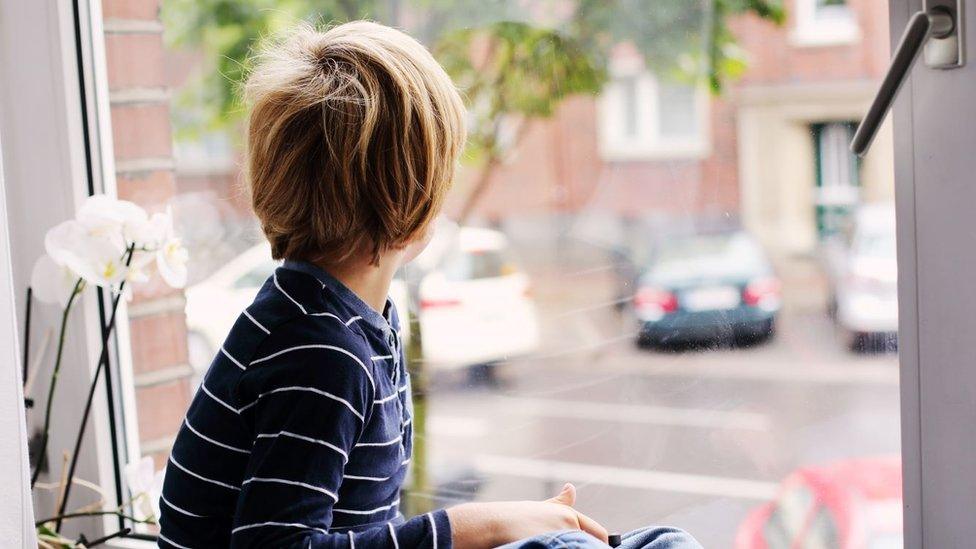Melanie Sykes and Christine McGuinness praised for openness about autism diagnosis
- Published
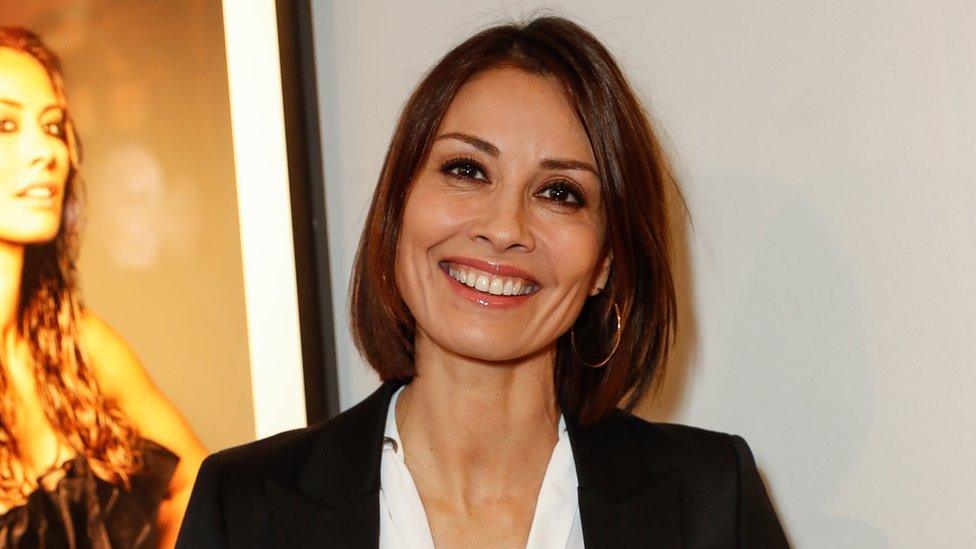
Autism campaigners and charities have said it is "brilliant that more and more people in the public eye" are talking openly about being diagnosed as adults.
It comes after the TV presenter Melanie Sykes confirmed she has been diagnosed, external with the developmental condition at the age of 51. Christine McGuinness, 33, the wife of Top Gear star Paddy, said on Monday she has also been diagnosed as autistic.
They have helped focus attention on autism, which affects around one in 100 people - some 700,000 in total - in the UK, according to the National Autistic Society.
The charity's director of national programmes says Sykes and McGuinness are proof that many people with autism are not diagnosed until well into adulthood. It affects people in different ways - and it can involve symptoms like sensory overload and extreme anxiety.
Peter Watt said "many autistic people and families will see a lot of themselves" in the celebrities' stories, especially women and girls.
"A diagnosis can be life-changing and vital to getting timely care and support. But many autistic people aren't diagnosed well into adulthood - and may have gone through life without a full understanding of who they are and the support they're entitled to."
'A sense of relief'
Carly Jones was told she was autistic at the age of 32. She tells BBC Radio 4's Today programme she sent flowers to her doctor when she was diagnosed to say "thanks for the first day of the rest of my life".
"That's completely how it felt. It just kind of felt I could draw a line in the sand and start again with better understanding," she says, adding it better explained "lots of social issues I had" as well as negative experiences she had blamed herself solely for before.
"You give yourself a sense of self forgiveness and a foundation to do better as you move on," she adds.
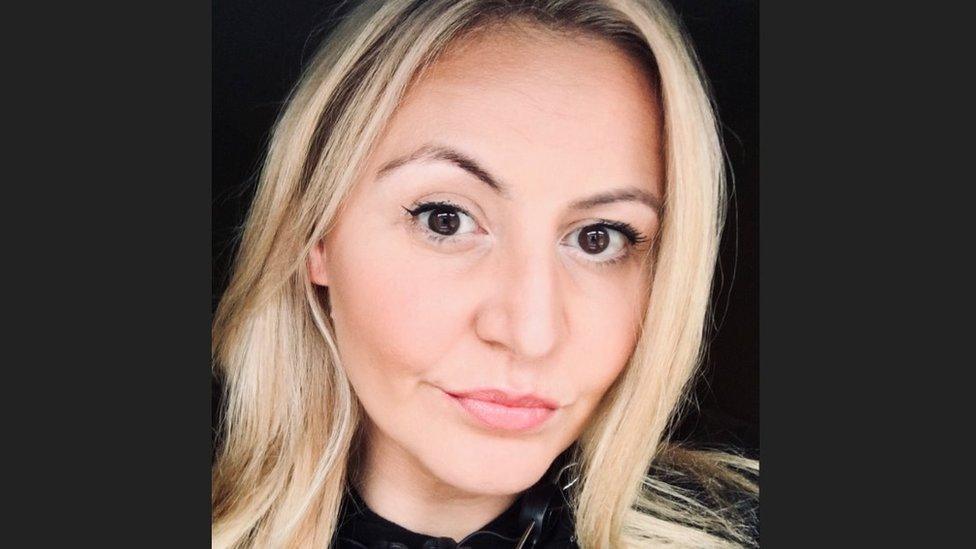
Carly Jones, who is an autism advocate, believes things have improved in the last two decades
Christine McGuinness said on Monday the diagnosis of her three children with autism encouraged her to have an assessment, which showed she was high on the autistic spectrum herself.
"I have never been very social, I don't really have a lot of friends," she told ITV's Loose Women. "I think I come across as quite confident and I can speak to anybody.
"I can hold a conversation like this, but then actually building a friendship - like if someone said shall we go for lunch after - I'd be like 'God, no'."
Melanie Sykes said on Instagram that it was "such a positive diagnosis for me because it makes sense of my life".
"There's a sense of relief about it but there's also a sense of mourning… I wish I'd known sooner," she added.
Arran Linton-Smith was 57 when he was diagnosed with autism, having believed he was different for most of his life.
He says it is important those who receive a diagnosis in adulthood take the time and space to discover who they are - and that people remember everyone with autism is different.
"Although I was expecting it, it still came as a significant shock," the now 66-year-old says. "It is not just you who needs to adjust, it is also family and friends."
"Back then there were no famous people who had identified as being autistic," he adds. "Hopefully it is a completely different world now."
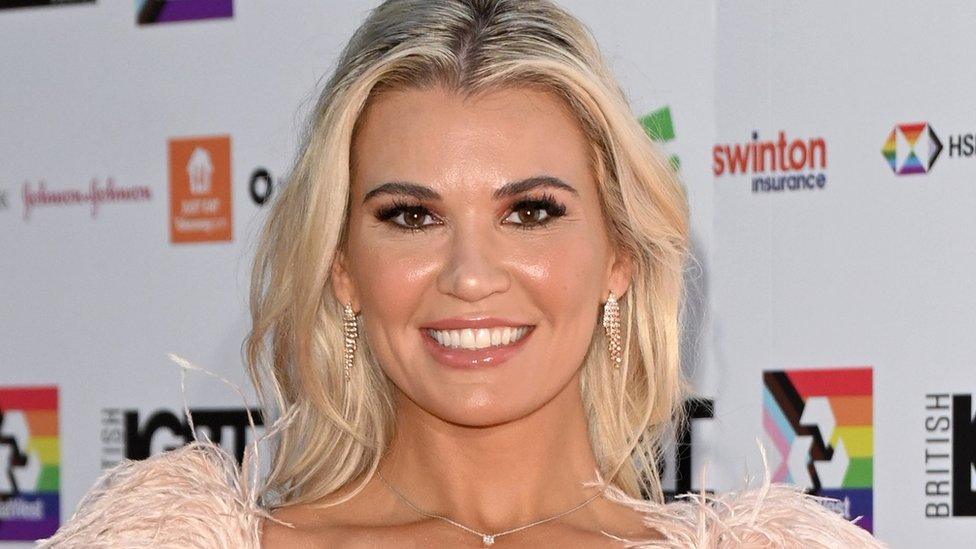
Christine McGuinness says her autism diagnosis explains her struggle at school and in social situations
Campaigners say the knowledge of autism over the past 70 years has been dominated by male presentations of the condition.
"Women present in a very different way," says Sarah Wild, headteacher at Limpsfield Grange School, the UK's only school solely for autistic girls.
"I think quite often women are just missed because the tools we are using to find out if people are autistic are not designed with women in mind."
Ms Wild believes many women and girls - and some men - can be better at "masking or camouflaging" the symptoms of autism in social situations.
"That means that they are missed because they are not presenting autistic traits in an really obvious, or 'Rain Man', kind of way," she says, referring to the 1988 film in which Dustin Hoffman plays a man with autism.
Ms Jones says this is one of the challenges for women who go and see a clinician ahead of a diagnosis.
"If they're 30, 40 or 50 they have been masking, adapting to fit in, for decades," she explains. "They are still masking in that clinician's room, so you need a doctor who knows everything there is to know about autism in women and girls."

'What we want you to know about autism'
Autistic people and their families say they want the public to know five things the condition can cause:
Feeling (sometimes intense) anxiety about changes or unexpected events
Being (in some cases extremely) under or over-sensitive to sound, smells, light, taste and touch. This is called sensory sensitivity
Needing extra time to process information, like questions or instructions
Facing high levels of anxiety in social situations
Having difficulties communicating and interacting with others
Source: National Autistic Society

The advice for women who feel they may have autism is to read about other people's experiences, advises Ms Wild.
"Go and talk to your doctor as well and actually tell them how you're experiencing your life," she adds. "Being autistic can be a really positive thing. People like Melanie Sykes and Christine McGuinness - it is absolutely fantastic they are being really open about their diagnosis as it really shows you how fantastic and positive it can be."
Ms Jones says their example shows how far society has come in accepting autism - but there is more progress to be made. Research shows, external just 22% of adults with autism are in any kind of employment, for example.
"We've got a lot further to go but it is certainly a lot better than it was 10 or 20 years ago," she says.
- Published31 October 2021
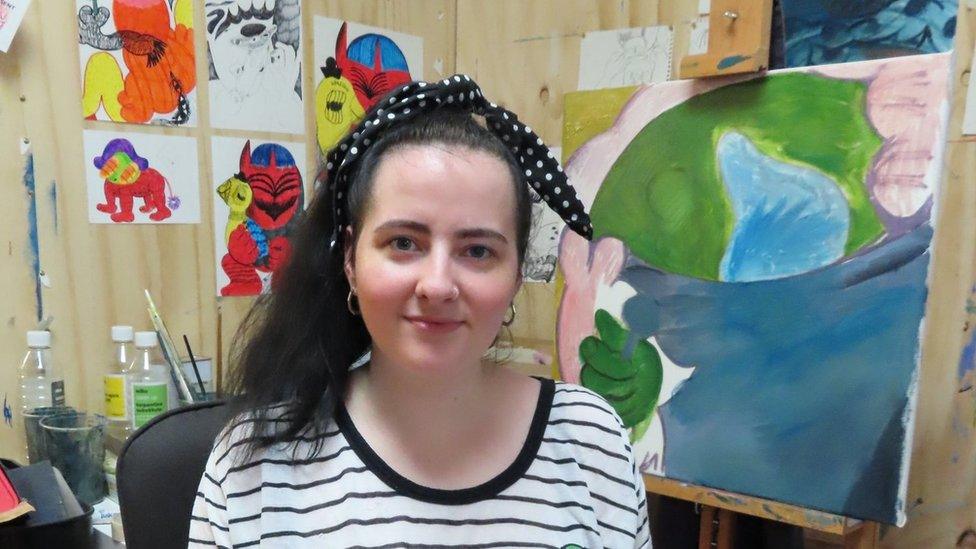
- Published31 October 2021
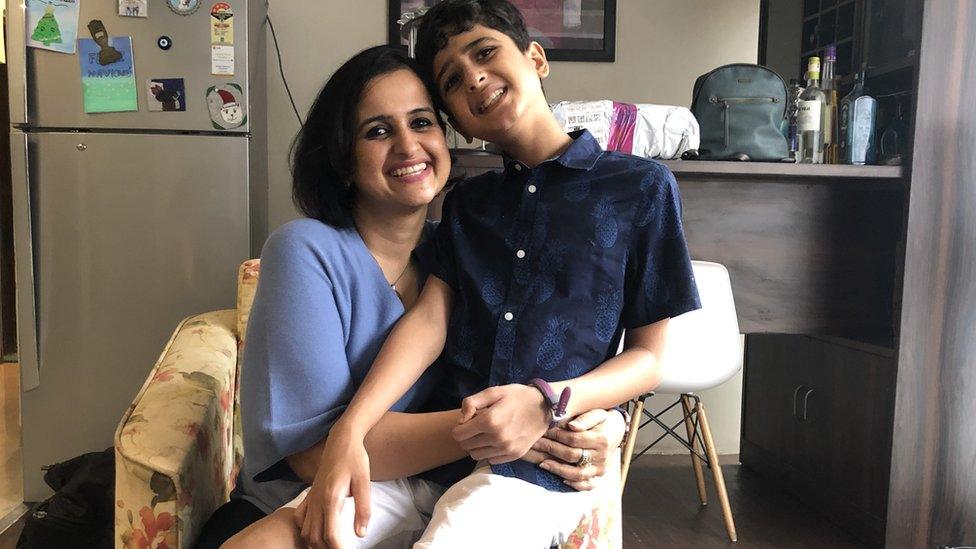
- Published25 August 2021
